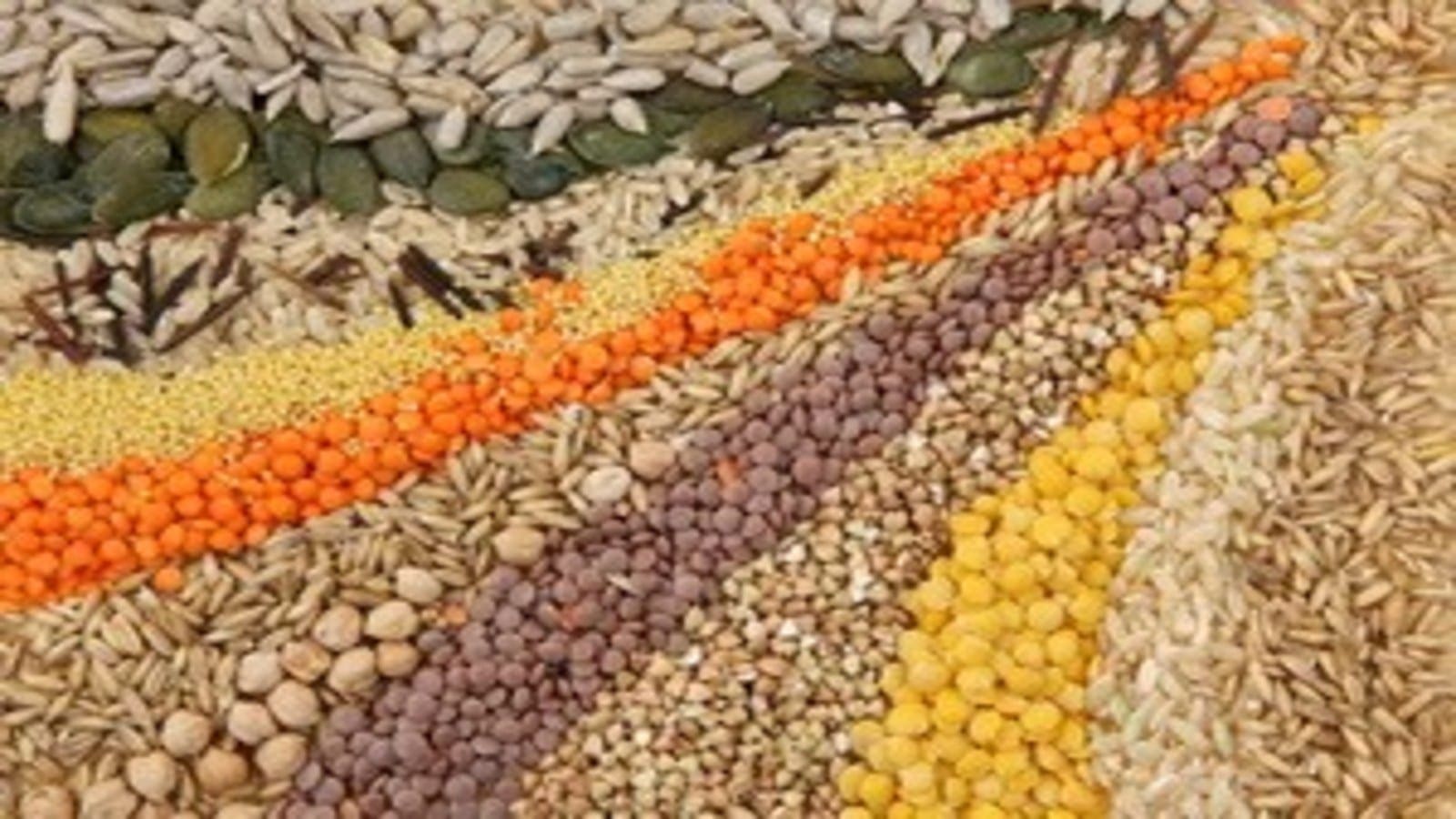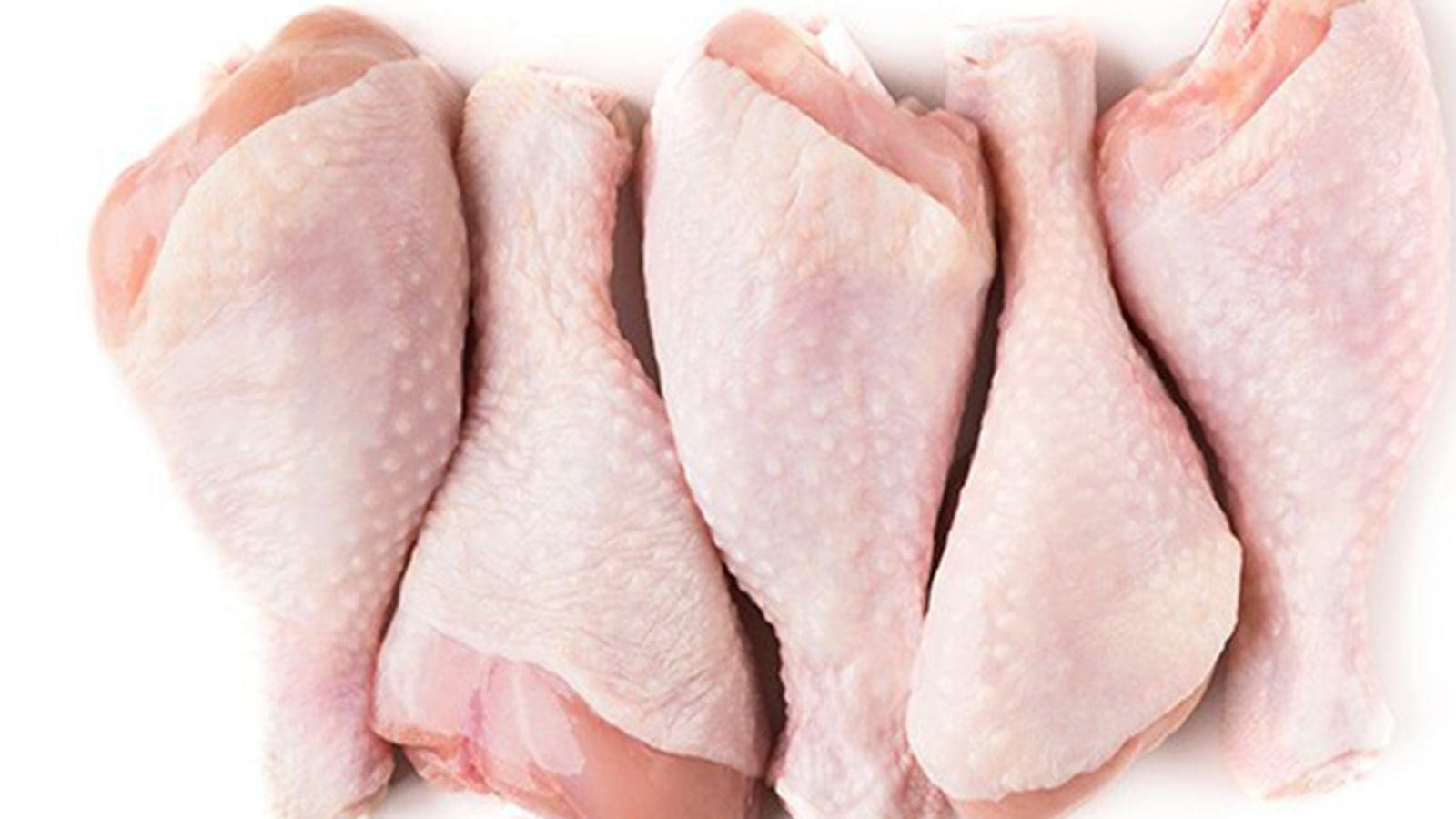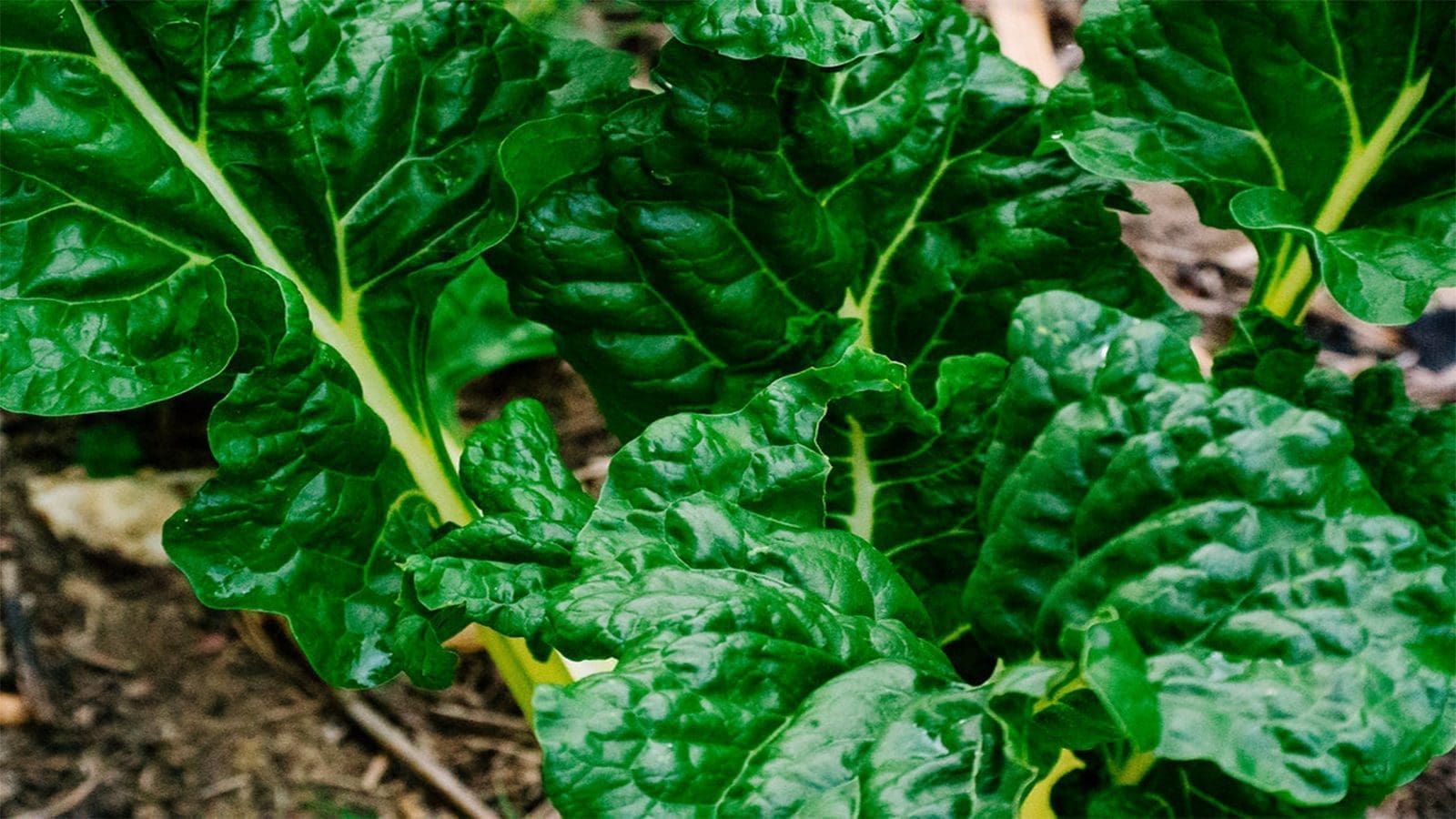NIGERIA – Nigeria’s National Council on Agriculture and Rural Development (NCARD), has at the 44th regular meeting of the Council, rubber-stamped mainstreaming staple crop bio-fortification in all aspects of agricultural interventions in Nigeria.
This is a major stride towards improving nutrition for millions of Nigerians who suffer from micro-nutrient deficiency.
The council is charged with the advocacy of agribusiness in Nigeria and providing leadership and capacity building to all stakeholders in agricultural systems.
Dr. Adeola Odedina, Commissioner for Agriculture of Nigeria’s Ogun State, and a longstanding partner of HarvestPlus, had earlier on submitted the proposal to NCARD for approval.
The meeting was hosted by the Federal Ministry of Agriculture and Rural Development in Abuja, with the theme, “Nigeria’s Agriculture and Food Security in the face of COVID-19, Floods, and Insecurity.”
NCARD also guides the adoption of new agricultural policies and periodically provides policy advice on implementation of existing agricultural programs.
In his remarks at the meeting, Dr. Odedina echoed the commitment of his state government in addressing food and nutrition security.
He said Ogun state is actively engaged in providing seeds of improved and nutritious varieties to farmers while working with relevant agencies and partners to facilitate technical and financial assistance to smallholder farmers.
The government is also collaborating with food processing industries and building enhanced supply chain networks for raw material.
HarvestPlus and its partners in Nigeria currently develop and promote vitamin A cassava, maize, and orange sweet potato to help address the high rates of micro-nutrient deficiency prone in rural and low-resource populations.
According to the Nigeria Demographic and Health Survey 2018, more than half of Nigerian children under age five are at risk of iron and vitamin A deficiencies which can expose them to stunted growth.
Approximately 40 percent of women of reproductive age are iron deficient.
These challenges arise as a result of a combination of poor awareness of dietary requirements, feeding practices, and high levels of poverty.
The decision will make the promotion and support of bio-fortified crop cultivation, a top priority for the country’s agricultural extension agents, as they work with farming families to promote more nutrition-smart practices.
Iron Biofortification in India
A newly published study carried out among Indian adolescents has shown increased physical activity in those who consume iron-bio-fortified pearl millet as opposed to the non-bio-fortified one.
“These findings reinforce the benefits of staple crop bio-fortification and their potential to have life-changing health and nutrition impacts, especially for vulnerable populations that are not reached by other nutrition interventions, “ Laura Pompano, the lead publication author said.
The study compared the effect of consuming Dhanashakti Iron Pearl Millet (IPM) and conventional pearl millet (PM) on voluntary physical activity as well as sedentary behaviors.
Dhanashakti is a bio-fortified IPM variety available in India to help meet the dietary needs of its malnourished population.
HarvestPlus has thus been actively developing bio-fortified varieties of IPM to combat ‘hidden hunger’ in India.
India suffers from the highest prevalence of anemia in the world, with about 40 percent of the population affected.
Even with global efforts to curb iron deficiency through provision of supplements and fortified foods, it remains the most widespread nutrition deficiency in the world, affecting 1.6 billion people.








